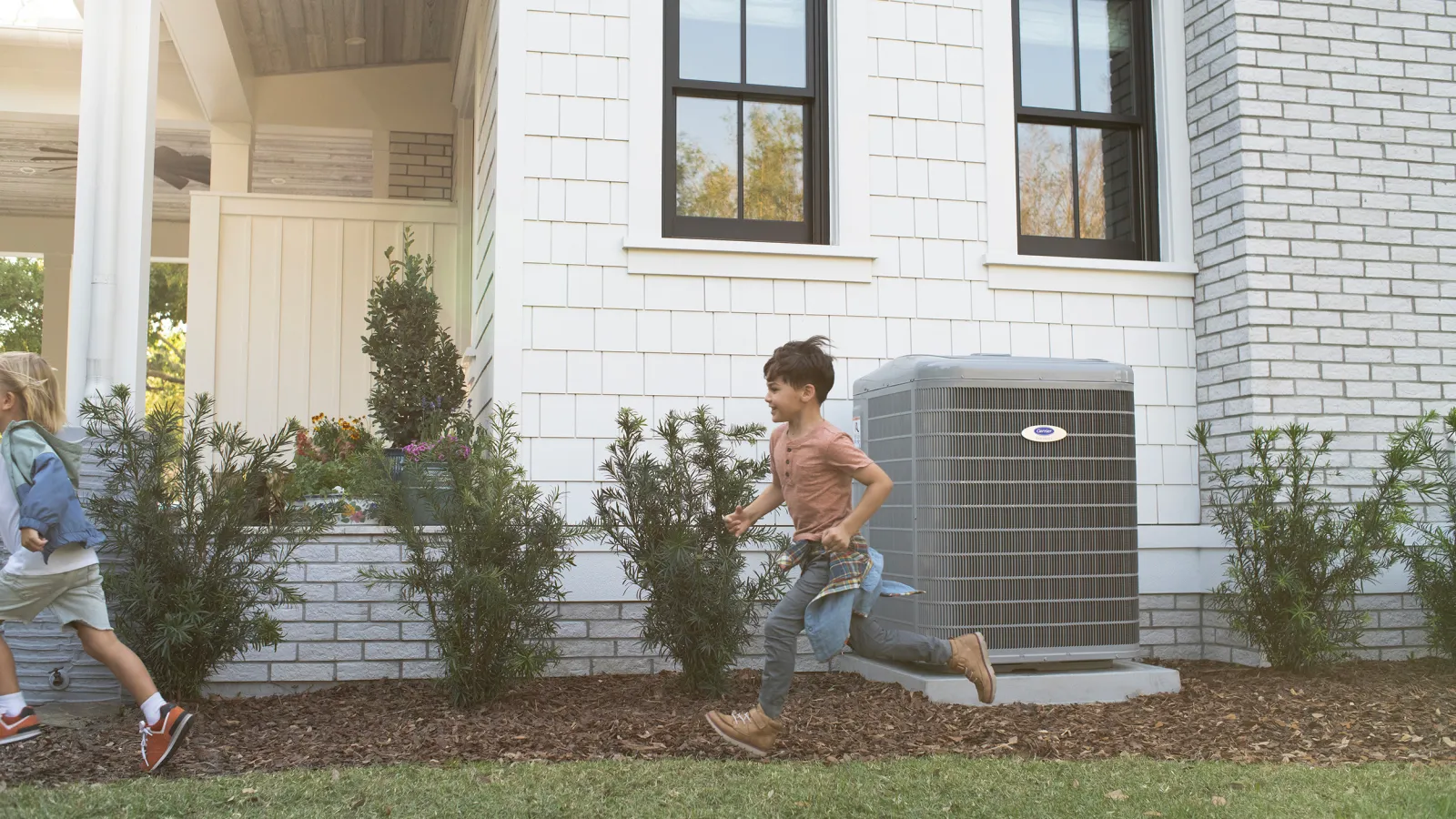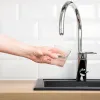Water heaters aren’t supposed to leak. If you see your water heater leaking, whether it’s from the top or the bottom, it’s a problem.
The big question is how big of a problem. The tank could need a simple repair, or…
A more complex fix might be required. Hopefully, it’s the former, but you never know until you call a trustworthy plumber to examine the water heater.
Let’s take a look at the reasons water heaters leak and what you should do when yours does.
Why is my water heater leaking?
Your water heater is leaking because there’s a problem with it. From loose components to corroded parts to damaged seals, all kinds of things can go wrong. Until you figure out what’s happening, it’s hard to say whether you need a simple water heater repair or a completely new water heater.
The first thing to check is whether your water heater is leaking from the top or from the bottom.
What to do if your water heater is leaking from the top
When water heaters leak from the top, it’s usually due to one of four different issues:
- Problems with the temperature and pressure relief valve
- Leaky cold water supply valve
- Leaky hot water outlet
- Loose or worn out pipe fittings
The temperature and pressure relief, or T&P, valve performs an important function for your water heater. Any time the internal tank pressure pushes water out of the tank, it needs somewhere to go. The T&P valve relieves the pressure in the tank and sends water and steam out of it, preventing the tank from exploding. It’s pretty necessary!
So, what does this have to do with leaks? Well, over time the valve can stop working properly – not in a dangerous way, but it can get to where it doesn’t close completely, resulting in a leak. The T&P valve overflow pipe can also leak if it gets damaged or the fittings corrode. The solution is to get your favorite plumber over ASAP to replace the valve.
The cold water supply valve is also the source of many leaks. If you notice a leak anywhere on or around your water heater, you need to turn this valve off because it stops the tank from filling back up. If you can’t turn it off because it’s broken or you see water leaking from the valve itself, you’ll need to cut off your main water supply. Oh, and the hot water outlet is also located at the top of your tank. Leaks can develop around there as well.
The solution? Same as with the T&P valve. A licensed plumber should replace these critical components so you can enjoy a leak-free water heater again.
Finally, loose pipe fittings at the top of the water heater can cause a leak. Ditto for old, corroded ones. If you’re comfortable tightening these components yourself, go for it! But if you’ve got corroded fittings in critical areas, a plumber should do that work.
What to do if your water heater is leaking from the bottom
The main causes of leaks at the bottom of your water heater are:
- Sediment & scale
- Leaky drain valve
While hard water isn’t as big a problem in Atlanta as in many parts of the country, mineral deposits can build up in your water heater and cause corrosion. If there’s enough mineral scale inside the tank, the tank itself can actually corrode, causing a leak. If this happens, your only recourse is to replace the water heater.
Note: Sometimes you will see corroded pipe fittings before the tank actually starts leaking. This is often a sign that the tank will leak if you don’t replace it.
Over time, the pipe fittings and connectors around the drain valve can also become loose and begin to leak. This usually isn’t a huge deal. A plumber can replace these components and you can keep using your water heater.
Next steps: What to do if your water heater is leaking
See water around your water heater? Ok, here’s how to proceed:
- Turn off the cold water supply valve. This is the valve at the top of your water heater tank that supplies water to the tank itself. By turning it off, you’re preventing more water from entering the tank.
- Can’t turn off the cold water supply valve? Or is the valve itself the leak source? Then turn off the main water supply. This will ensure no water makes it to the tank, no matter what.
- Turn off the power to the hot water heater or cut off the gas supply. This ensures your water heater stops heating. If you have an electric heater, you will need to flip the correct breaker. If you have a gas water heater, the gas shutoff valve can usually be found near where the gas supply meets the water heater tank.
- Drain the tank. Wait a couple of hours after shutting off the power or the gas so that the water heater can cool down. Then find the drain valve at the bottom of the tank. It looks kind of like an outdoor faucet or spigot. Attach a hose to it, open the valve, and drain the water to a safe place.
Now call a plumber! By completing the above steps, you’ve successfully stopped your leak. Of course, you won’t have hot water until the problem is addressed. That’s why it’s essential to get a reliable plumber to the scene ASAP.
For water heaters that are over 10 years old…
This is a different story. For older water heaters, it might not be cost effective to fix the leak. Replacing your water heater probably makes more sense.
Nowadays, there are many water heater options to choose from, and they’re all way more efficient than whatever you’re replacing! Some newer units, such as heat pump water heaters, also qualify for tax credits and rebates from most major utility providers.
You might also consider a tankless unit, which never runs out of hot water because it heats water as it comes into your home. Tankless water heaters typically last longer than conventional tanks as well.
Even if you just replace your conventional tank with something similar, it’s likely to be more energy efficient than the old one. Newer appliances, after all, are built to different, more rigorous efficiency standards.
Is your water heater leaking? PV’s got you.
If you live in Metro Atlanta and have noticed a water heater leak, get in touch with PV Heating, Cooling & Plumbing today! We can help you address the leak and schedule an appointment to diagnose the problem.
Simply give us a call at (404) 994-2229 today or fill out the form below!






